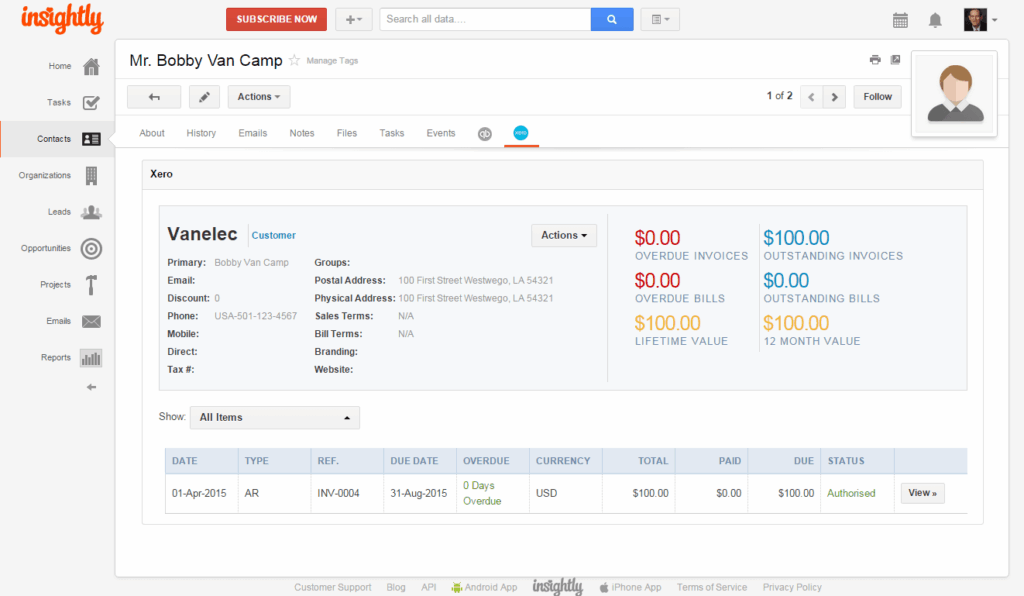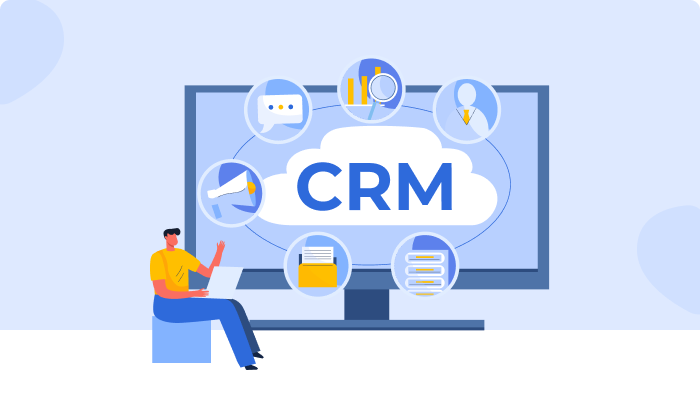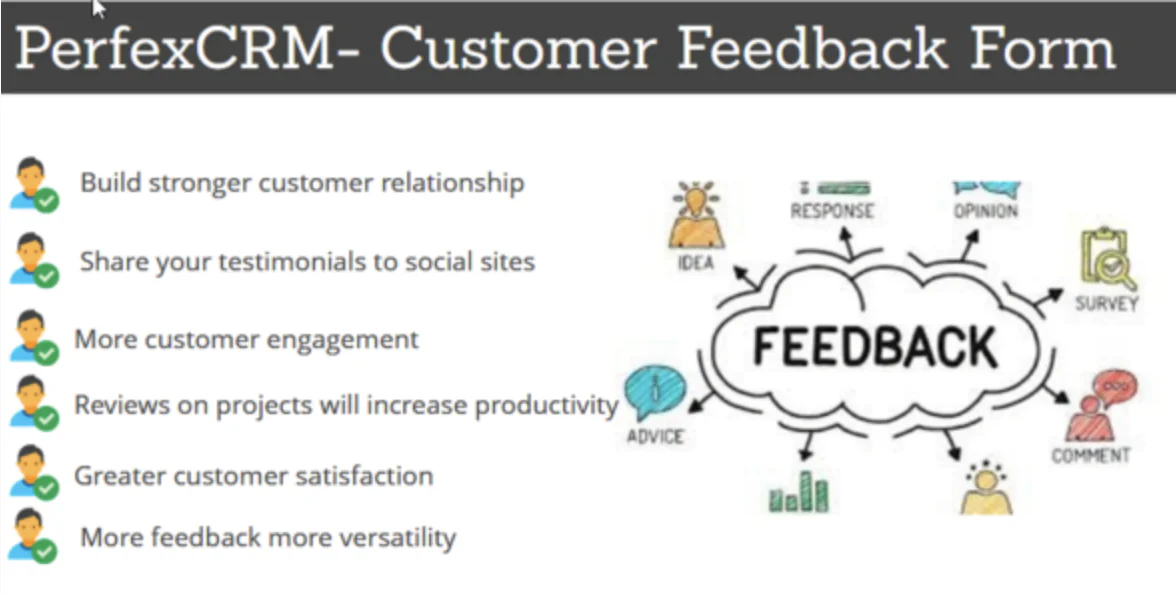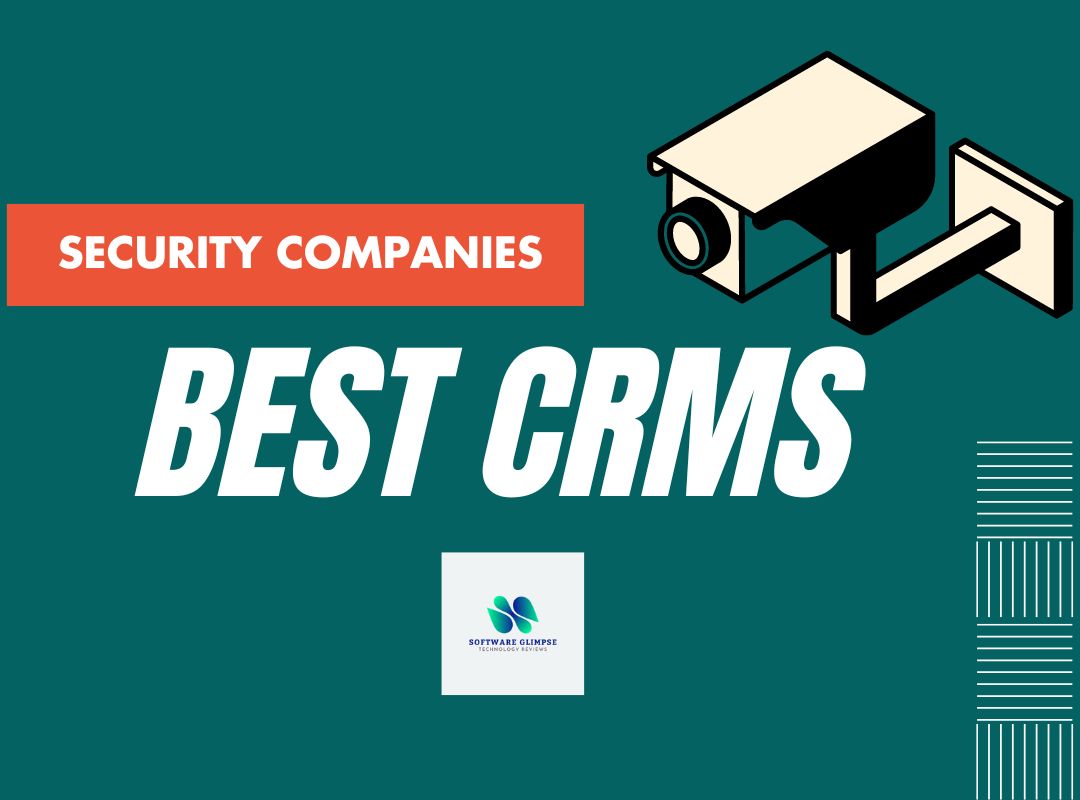Unlock Growth: The Ultimate Guide to Easy CRM for Small Businesses

Unlock Growth: The Ultimate Guide to Easy CRM for Small Businesses
Running a small business is like navigating a winding road. You’re juggling a million things – from product development and marketing to customer service and sales. It’s exhilarating, challenging, and sometimes, downright overwhelming. One of the biggest hurdles you’ll face is managing your customer relationships. That’s where a CRM (Customer Relationship Management) system comes in. But not just any CRM; you need an easy CRM for small businesses – a tool that simplifies, streamlines, and supports your growth without adding to the complexity.
This comprehensive guide will delve deep into the world of easy CRM solutions, exploring their benefits, key features, and how to choose the perfect one for your unique needs. We’ll also cover practical tips on implementation, maximizing user adoption, and measuring the impact of your CRM on your bottom line. Get ready to transform your business from reactive to proactive, from chaotic to organized, and from struggling to thriving.
Why Your Small Business Needs an Easy CRM
In the fast-paced world of business, every interaction counts. Every phone call, email, and meeting is an opportunity to build relationships, understand your customers, and drive sales. Without a centralized system to manage these interactions, valuable information can easily get lost in the shuffle, leading to missed opportunities and frustrated customers. That’s where an easy CRM comes to the rescue.
Here’s why an easy CRM is essential for your small business:
- Improved Customer Relationships: A CRM provides a 360-degree view of your customers, allowing you to understand their needs, preferences, and past interactions. This enables you to personalize your interactions, build stronger relationships, and increase customer loyalty.
- Increased Sales and Revenue: By streamlining your sales process, a CRM helps you identify and nurture leads more effectively. You can track sales opportunities, automate follow-ups, and close deals faster.
- Enhanced Efficiency and Productivity: An easy CRM automates repetitive tasks, such as data entry and email marketing, freeing up your team to focus on more strategic activities.
- Better Data Organization and Accessibility: Say goodbye to scattered spreadsheets and disorganized contact lists. A CRM centralizes all your customer data in one place, making it easy to access and share information across your team.
- Improved Communication and Collaboration: CRM systems often include features that facilitate communication and collaboration, such as shared calendars, task management tools, and internal messaging.
- Data-Driven Decision Making: CRM platforms offer robust reporting and analytics capabilities, allowing you to track key performance indicators (KPIs), identify trends, and make informed decisions.
Key Features to Look for in an Easy CRM
Choosing the right CRM can feel like a daunting task. However, by focusing on the key features that are most relevant to your small business, you can narrow down your options and find a solution that perfectly fits your needs. Here are some essential features to consider:
- User-Friendly Interface: The most important aspect of an easy CRM is its ease of use. Look for a platform with a clean, intuitive interface that requires minimal training.
- Contact Management: This is the core function of any CRM. Ensure the system allows you to store and manage customer information, including contact details, communication history, and purchase history.
- Lead Management: A good CRM should help you track and nurture leads throughout the sales pipeline. Look for features like lead scoring, lead segmentation, and automated follow-up sequences.
- Sales Automation: Automate repetitive sales tasks, such as sending emails, scheduling appointments, and creating tasks.
- Marketing Automation: Integrate marketing automation features, such as email marketing, social media integration, and campaign management, to streamline your marketing efforts.
- Reporting and Analytics: Track key performance indicators (KPIs), such as sales revenue, customer acquisition cost, and customer lifetime value.
- Integration with Other Tools: Ensure the CRM integrates seamlessly with other tools you use, such as email marketing platforms, accounting software, and social media channels.
- Mobile Accessibility: Access your CRM data on the go with a mobile app or a responsive web design.
- Customization Options: The ability to customize the CRM to fit your specific needs and workflows is crucial.
- Customer Support: Choose a CRM provider that offers excellent customer support, including documentation, tutorials, and responsive customer service.
Top Easy CRM Solutions for Small Businesses
With a plethora of CRM options available, selecting the right one can be challenging. To simplify the process, we’ve compiled a list of top easy CRM solutions, each offering unique strengths and catering to different business needs.
1. HubSpot CRM
HubSpot CRM is a free and powerful CRM that’s a great starting point for small businesses. It’s incredibly user-friendly and offers a wide range of features, including contact management, deal tracking, and email marketing. HubSpot CRM is known for its intuitive interface and comprehensive suite of marketing, sales, and service tools. It’s an excellent choice for businesses looking for a free, all-in-one solution that can scale as they grow.
- Pros: Free, user-friendly, integrated marketing and sales tools, excellent customer support.
- Cons: Limited features in the free version, can become expensive as you scale.
- Best for: Startups and small businesses looking for a free, easy-to-use CRM with integrated marketing and sales tools.
2. Zoho CRM
Zoho CRM is a versatile and affordable option that offers a wide range of features, including sales automation, marketing automation, and customer support. It’s highly customizable and integrates with a variety of third-party apps. Zoho CRM is a great choice for businesses that need a powerful CRM at a reasonable price. It’s known for its robust features and customization options.
- Pros: Affordable, customizable, integrates with many third-party apps, good for sales automation.
- Cons: Interface can be overwhelming for beginners, some features require a steeper learning curve.
- Best for: Small to medium-sized businesses that need a feature-rich CRM with customization options.
3. Pipedrive
Pipedrive is a sales-focused CRM designed to help you manage your sales pipeline and close deals faster. It’s known for its visual interface and ease of use. Pipedrive is an excellent choice for sales teams that want a CRM that’s focused on driving revenue. It’s a very visual CRM and easy to understand.
- Pros: Sales-focused, visual interface, easy to use, excellent for pipeline management.
- Cons: Limited marketing automation features, can be less feature-rich than other options.
- Best for: Sales teams that need a CRM focused on pipeline management and closing deals.
4. Freshsales
Freshsales is a sales CRM that’s known for its user-friendly interface and integrated phone and email features. It’s a good choice for businesses that want a CRM that’s easy to set up and use. Freshsales is a great option for sales teams wanting a CRM that is also a phone system.
- Pros: User-friendly, integrated phone and email, easy to set up, good for sales teams.
- Cons: Limited features compared to other options, some features are only available on higher-tier plans.
- Best for: Businesses that need a sales-focused CRM with integrated phone and email features.
5. Agile CRM
Agile CRM is a comprehensive CRM that offers a wide range of features, including sales automation, marketing automation, and customer support. It’s a good choice for businesses that want an all-in-one solution. Agile CRM is a great option for businesses who want a lot of features without paying a lot.
- Pros: Affordable, all-in-one solution, good for small businesses.
- Cons: Interface can be clunky, some features are not as polished as other options.
- Best for: Businesses that need an all-in-one CRM with a wide range of features at an affordable price.
Implementing Your Easy CRM: A Step-by-Step Guide
Once you’ve chosen the perfect easy CRM for your small business, the next step is implementation. Proper implementation is crucial to ensure a smooth transition and maximize the benefits of your new CRM. Here’s a step-by-step guide to help you get started:
- Define Your Goals and Objectives: Before you start implementing your CRM, clearly define your goals and objectives. What do you want to achieve with your CRM? Are you looking to increase sales, improve customer satisfaction, or streamline your sales process?
- Choose a CRM Solution: Based on your goals and objectives, select a CRM solution that meets your needs. Consider factors such as features, ease of use, price, and customer support.
- Plan Your Implementation: Create a detailed implementation plan that outlines the steps involved, the timeline, and the resources required.
- Import Your Data: Import your existing customer data into your CRM. Ensure that your data is clean, accurate, and organized.
- Customize Your CRM: Customize your CRM to fit your specific needs and workflows. This may include creating custom fields, setting up sales pipelines, and configuring automation rules.
- Train Your Team: Provide thorough training to your team on how to use the CRM. Ensure that everyone understands the features and functions of the system.
- Test Your CRM: Before you launch your CRM, test it thoroughly to ensure that everything is working correctly.
- Launch Your CRM: Once you’re confident that your CRM is working correctly, launch it to your team.
- Monitor and Evaluate: Monitor your CRM usage and evaluate its performance regularly. Make adjustments as needed to optimize its effectiveness.
Maximizing User Adoption of Your Easy CRM
Even the best CRM is useless if your team doesn’t use it. User adoption is critical to the success of any CRM implementation. Here are some tips to maximize user adoption:
- Involve Your Team: Involve your team in the selection and implementation process. This will give them a sense of ownership and increase their buy-in.
- Provide Training and Support: Offer comprehensive training and ongoing support to your team. Make sure they understand how to use the CRM and how it benefits them.
- Make it Easy to Use: Choose a CRM that’s easy to use and intuitive. The easier it is to use, the more likely your team is to adopt it.
- Highlight the Benefits: Clearly communicate the benefits of using the CRM to your team. Show them how it will make their jobs easier and help them achieve their goals.
- Lead by Example: Lead by example and use the CRM yourself. Show your team how you’re using it and how it’s helping you.
- Provide Incentives: Consider providing incentives for your team to use the CRM. This could include bonuses, recognition, or other rewards.
- Get Feedback and Iterate: Regularly solicit feedback from your team and make adjustments to the CRM as needed. This will help ensure that it’s meeting their needs.
Measuring the Impact of Your Easy CRM
To determine the success of your CRM implementation, it’s essential to measure its impact. Here are some key metrics to track:
- Sales Revenue: Track your sales revenue before and after implementing your CRM.
- Customer Acquisition Cost (CAC): Calculate your CAC before and after implementing your CRM.
- Customer Lifetime Value (CLTV): Calculate your CLTV before and after implementing your CRM.
- Sales Cycle Length: Track the average length of your sales cycle before and after implementing your CRM.
- Customer Satisfaction: Measure customer satisfaction using surveys or other methods.
- Lead Conversion Rate: Track your lead conversion rate before and after implementing your CRM.
- Customer Retention Rate: Track your customer retention rate before and after implementing your CRM.
- User Adoption Rate: Measure the percentage of your team that is using the CRM regularly.
Troubleshooting Common CRM Challenges
Even with the best planning, you may encounter challenges during your CRM implementation. Here are some common challenges and how to address them:
- Data Migration Issues: Data migration can be complex. Ensure that your data is clean, accurate, and organized before you import it into your CRM. Work with your CRM provider to address any data migration challenges.
- User Resistance: Some users may resist using the CRM. Provide training and support, highlight the benefits, and lead by example.
- Integration Problems: Integration with other tools can be challenging. Choose a CRM that integrates seamlessly with your other tools. If you encounter integration problems, work with your CRM provider to resolve them.
- Lack of Customization: If your CRM is not customizable, you may not be able to tailor it to your specific needs. Choose a CRM that offers robust customization options.
- Poor Data Quality: Poor data quality can undermine the effectiveness of your CRM. Implement data quality controls to ensure that your data is accurate and up-to-date.
- Lack of Training: Inadequate training can lead to low user adoption and poor CRM performance. Provide thorough training to your team.
The Future of CRM for Small Businesses
The CRM landscape is constantly evolving, with new technologies and features emerging regularly. Here are some trends to watch:
- Artificial Intelligence (AI): AI is being used to automate tasks, personalize customer interactions, and provide insights.
- Mobile CRM: Mobile CRM is becoming increasingly important as businesses become more mobile.
- Integration with Social Media: CRM systems are integrating with social media platforms to help businesses manage their social media presence and engage with customers.
- Focus on Customer Experience: CRM systems are focusing on providing a seamless customer experience.
- Increased Automation: Automation is becoming more prevalent in CRM systems, helping businesses streamline their processes.
Conclusion: Embrace the Power of Easy CRM
Choosing the right easy CRM for your small business is a pivotal step towards sustainable growth. It’s about more than just managing contacts; it’s about fostering meaningful customer relationships, streamlining your sales process, and making data-driven decisions. By embracing the power of an easy CRM, you can transform your business from reactive to proactive, driving sales, boosting customer satisfaction, and ultimately, achieving lasting success. Remember to choose a system that’s intuitive, feature-rich, and aligned with your specific business needs. Implement it strategically, train your team effectively, and consistently measure its impact. The journey to a customer-centric business starts with the right CRM. Start your journey today!



